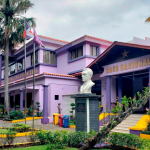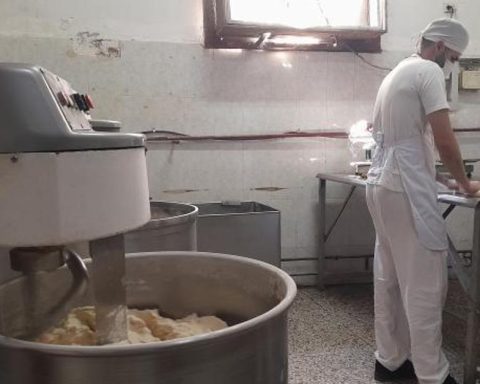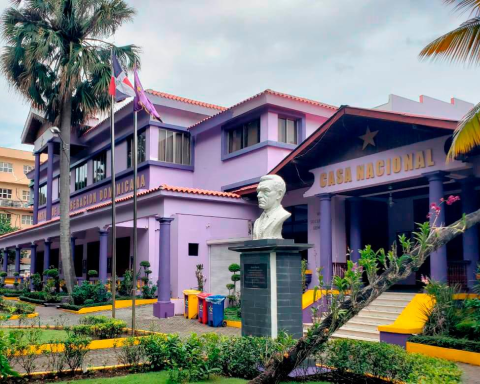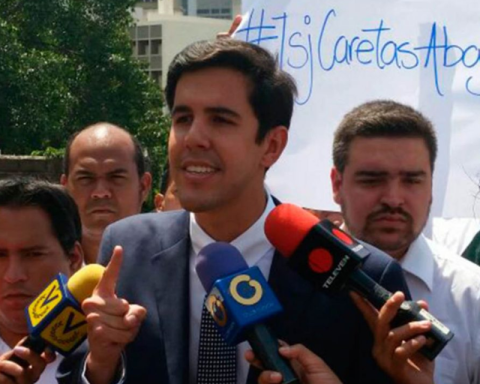He directory of SBI approved the construction of a “precarious dam” downstream of the running waters to extend the supply reserves of the metropolitan area.
The decision, considered “emergency”was taken this Wednesday and is part of the measures that the public company has been taking as a result of the drought that affects the entire country.
The The dam will cost approximately $20 million. and may be operational in three weeksOSE sources said.
The report submitted by the general management of the public company mentions that the construction will consist of a “temporary closure” about him Santa Lucía River in the Belastiquí Passlocated approximately 10 kilometers downstream of the Aguas Corrientes reservoir.
Marcelo Morillas
Why is the water saltier?
“With the construction of this dam, it is possible to ensure a raw water reserve of approximately 1 million cubic metersa volume equivalent to three days of transfer operationsand it is also achieved maintain a water level that ensures the continuity of the pumping operationwhich is essential”, says one of the documents analyzed by the board.
Currently, the metropolitan area that is supplied by Aguas Corrientes (Montevideo and part of San José and Canelones) consume about 650,000 cubic meters of drinking water per day.
To reach that volume, OSE is supplied from three sources: the Paso Severino reservoir, the Santa Lucía reservoir (large) and downstream from the running waters.
In normal times, 100% of the water is obtained from Paso Severino and Santa Lucía (large). The exception is in summer That pumps salt water for a few days and? it cannot exceed 100,000 cubic meters per day.
But now, due to the drought, OSE had to increase the supply from downstream of Aguas CorrientesSince the Saint Lucia large is practically dry and the reserves in Paso Severino are scarce.
are taking 234 thousand cubic meters from running waters, 361 thousand from Paso Severino and 55 thousand from the big Santa Lucia.
As the water from Aguas Corrientes is saltier, because it comes from the Río de la Plata, the Ministry of Public Health (MSP) should have authorized the public company to increase the amount of chlorides and sodium in the drinking water that comes out of the taps.
















